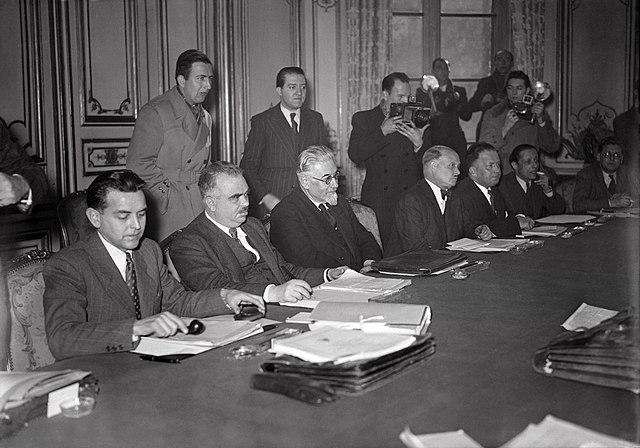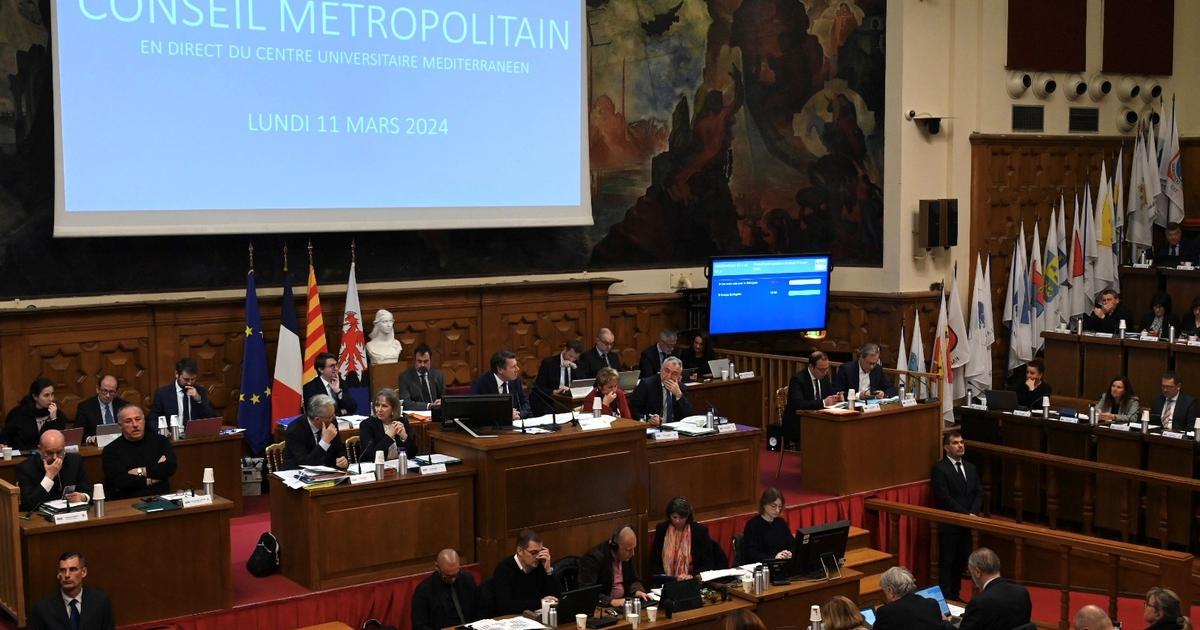Gaël Nofri is a historian, deputy mayor of Nice and Nice Côte d'Azur metropolitan councillor.
The new parliamentary deal, which can be explained by many factors, including the desire for better representativeness of the National Assembly and the obsolescence of the "republican front", is opening up with a paradox: the satisfaction of many French people, which the polls seem to show on the one hand, a situation of institutional deadlock as obvious as it is worrying on the other.
However, this paradox is not only a matter of appearance, it illustrates a serious problem: the dissatisfaction of the French draws, in part, its roots from the observation of public impotence.
Helplessness in the face of subjects as serious as insecurity, immigration, the desertification of rural territories, the stabilization of our social model.
.
.
This phenomenon is old, deep, repeated and unfortunately goes back much further than the current President of the Republic.
It only got worse over time.
However, the current situation, far from resolving this difficulty, obviously risks amplifying it by blocking the action of the executive and by making each bill hostage to the party game.
The slow work of emergence, survival, and finally affirmation of the Nation was first and foremost that of the constitution of a strong, independent and capable power.
Gael Nofri
History remembers what current events rediscover.
In our national history, all the work of power has always been to manufacture power.
Faced with immobility, old feudalism, the powers of money, external encroachments, reluctance, caciques, parties, disorders, the permanent temptation to give up.
.
.
the slow work of emergence, survival, and finally affirmation of the Nation was first and foremost that of the constitution of a strong, independent and capable power.
Such was the great struggle of the kings of France, in particular the Capetians, whose often hailed work of unification, organization, pacification is ultimately nothing other, in other words, than the construction of power through power.
Later, it was also the great merit of Bonaparte who, faced with a drifting revolution, with a corrupt power incapable of anything other than moving from coup d'etat to coup d'etat, managed to impose a pacification, a dynamic and institutions capable of restoring the authority of power.
Council of State, Bank of France, Civil Code, prefectural body, Legion of Honor, university and high school, Concordat, Court of Auditors.
.
.
Behind each of his historical and enduring works, the same phenomenon is at work.
We can only understand our current institutions with regard to this historical and centuries-old fact: the main duty of what is called “power” is to build, to affirm, to maintain “power”.
Gael Nofri
When General de Gaulle, after having worked for the return of an effective government the day after the Liberation, opposed, from 1946, what would be the Fourth Republic, which he described as a "
party system
", it
is in the name of this same French constant.
"
There is an obvious fact here which is due to the national temperament, to the ups and downs of history and to the tremors of the present, but which it is essential for the future of the country and of democracy that our institutions take into account and guard against, in order to preserve the credit of the laws, the coherence of the governments, the efficiency of the administrations, the prestige and the authority of the State.
This is because in fact the unrest in the State inevitably results in the disaffection of citizens with regard to the institutions (…).
In truth, the unity, the cohesion, the internal discipline of the government of France must be sacred things, under penalty of quickly seeing the very leadership of the country powerless and disqualified,
” he affirmed in Bayeux.
And to add later:
Nothing is more necessary for our country than to organize the state in such a way that it has enough strength in its structure;
in its functioning with sufficient efficiency;
in his men, sufficient credit to lead the nation and ensure its salvation, whatever may happen
”.
This Cassandra, rejected for twelve years in Colombey-les-Deux-Eglises, had to wait until 1958 for the impotence and instability of the Fourth Republic to make his return necessary as much as the foundation of new, more stable, more solid institutions.
So he can then summarize: "
One of the essential characteristics of the Fifth Republic is that it gives a head to the State
".
We can only understand our current institutions with regard to this historical and centuries-old fact: the main duty of what is called “power” is to build, to affirm, to maintain “power”.
The poor new President of the LR group in the Assembly, Olivier Marlaix, can well congratulate himself on the fact that "
power is now in Parliament
", he only illustrates an already very old reality: the abandonment of Gaullist heritage by the party which claimed so high of the Man of June 18.
Make no mistake about it, it is not a transfer of power that is at work today, but a risk of definitive erasure of all efficient power.
The democratic crisis is not to be sought elsewhere than in the gap that exists between the candidates promising their voters mountains and wonders “when they come to power” and the elected officials who, on taking office, discover that the power has disappeared.
Gael Nofri
But how many of our politicians are aware of this?
For so long our politicians have refused to face the reality of their situation, refusing to endorse the only fight that matters;
the one against impotence.
So many, out of ease, cowardice or renunciation, prefer to make Jean Cocteau's famous phrase "
these things escape us, let's pretend to be the organizers
".
The democratic crisis is not to be sought elsewhere than in the gap that exists between the candidates promising their voters mountains and wonders "when they come to power" and the elected officials who, on taking office, discover that the power has disappeared, that the coffers of authority are empty, that the king is naked.
.
.
It only remains for them then to use its mandate to hide the lack, to "act as if", to play the role that is expected of them.
Also, from election to election, from promise to promise, from renunciation to renunciation, democracy is damaged.
At a time when power seems more damaged than ever, even though the risk of immobility and paralysis has never seemed so certain, the sense of responsibility obliges and must constrain.
.
.
It is to this historical responsibility that we are collectively invited.















